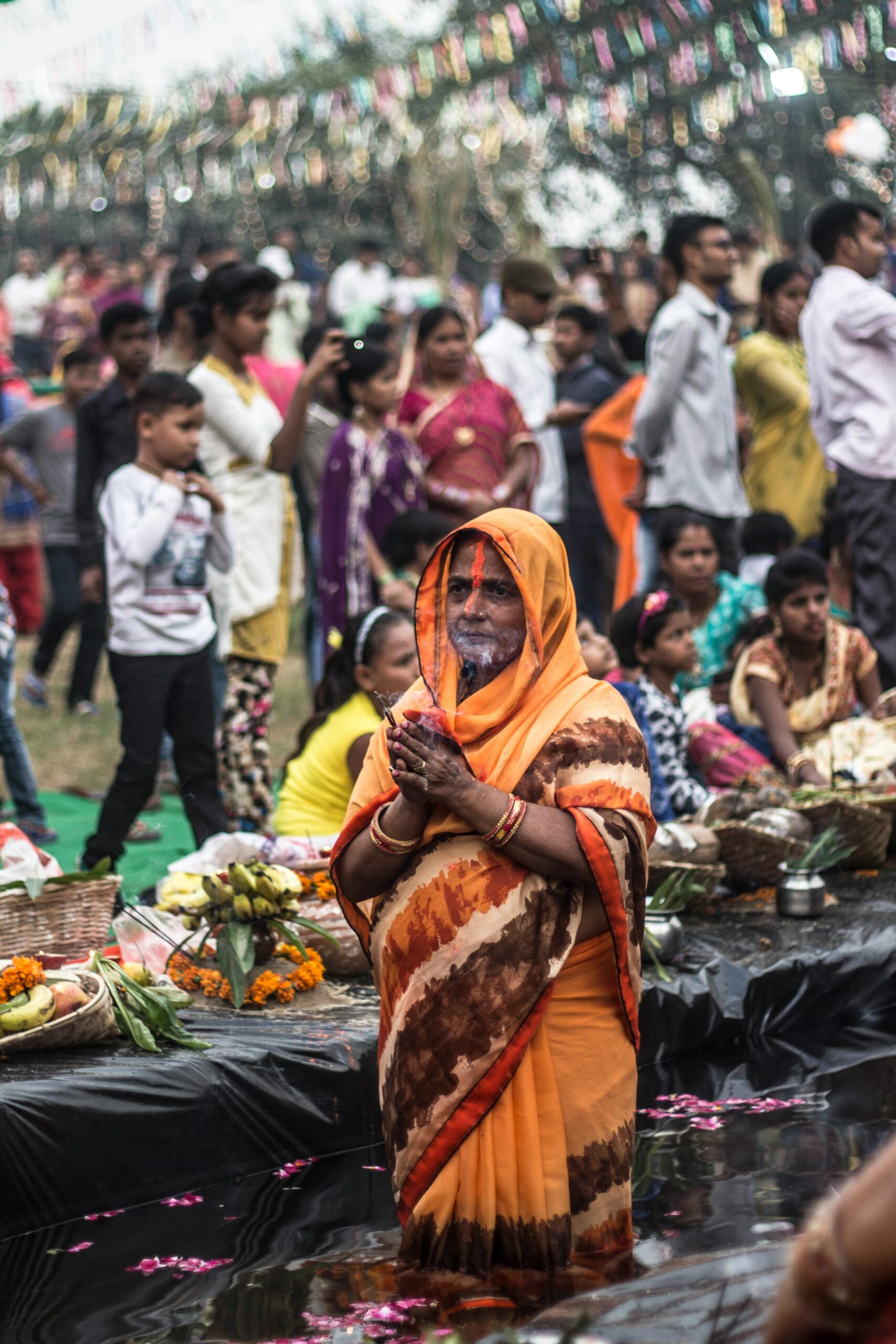
How Bihar’s 40 Lok Sabha Seats Can Influence National Policies
Examining the political significance of Bihar in shaping India’s governance.
Key Metrics: Bihar’s Political Landscape
- Lok Sabha Seats: 40 (7.38% of total seats in Parliament).
- Rajya Sabha Seats: 16 (6.6% of total).
- Population: Over 124 million (2023 estimate).
- Voter Base: Approximately 72 million registered voters.
- Literacy Rate: 61.8% (as per Census 2011).
- Urbanization: Around 11.3%, one of the lowest in India.
- Economic Contribution: Accounts for 2.8% of India’s GDP, with a focus on agriculture, small-scale industries, and emerging services.
(Source: Election Commission of India, Ministry of Statistics and Programme Implementation)
Introduction
Bihar, with its 40 Lok Sabha seats, is one of the most politically significant states in India. Its representation in the lower house of Parliament gives it substantial leverage in shaping national policies and influencing coalition dynamics. Historically, the state has been a breeding ground for political ideologies and leadership, from the independence movement to modern electoral politics. This article explores how Bihar’s Lok Sabha representation impacts national governance and policy-making.
The Role of Bihar’s 40 Lok Sabha Seats
1. Electoral Power in National Politics
- Key Influence:
- Bihar’s 40 Lok Sabha seats are crucial for any party aiming to secure a parliamentary majority, especially in coalition scenarios.
- Historical Context:
- In the 2019 General Elections, the BJP-led National Democratic Alliance (NDA) secured 39 of 40 seats, solidifying its national dominance.
- During the 2004 General Elections, a strong performance by the Rashtriya Janata Dal (RJD) under Lalu Prasad Yadav contributed significantly to the Congress-led UPA’s victory.
(Source: Election Commission of India)
2. Shaping Coalition Dynamics
- Regional Parties’ Role:
- Regional parties like the Janata Dal (United) [JD(U)] and Rashtriya Janata Dal (RJD) often act as kingmakers in coalition politics.
- Their alignment with national parties influences policy priorities, particularly on issues like agriculture, education, and rural development.
- Example:
- The JD(U)’s alliance shifts between the BJP and opposition alliances have significantly altered the political balance at the national level.
3. Addressing Regional Concerns at the National Level
- Key Issues Represented:
- Agriculture: Advocacy for better Minimum Support Prices (MSPs) and irrigation projects.
- Migration: Bihar’s leadership consistently highlights challenges related to labor migration and demands policies for job creation within the state.
(Source: Ministry of Rural Development Reports)
Policy Areas Influenced by Bihar’s Political Leadership
1. Rural Development and Employment
Bihar’s predominantly rural electorate ensures that issues like job creation, infrastructure, and welfare dominate national agendas.
- Impact on Policies:
- Bihar’s demand for employment guarantees led to the formulation and expansion of the Mahatma Gandhi National Rural Employment Guarantee Act (MGNREGA).
2. Education and Literacy
- Focus Areas:
- Improving access to education in rural areas and increasing literacy rates are consistent priorities for Bihar’s representatives in Parliament.
- Key Developments:
- The push for Bihar-specific education policies has influenced national schemes like Sarva Shiksha Abhiyan and Mid-Day Meal Program.
(Source: Ministry of Education)
3. Infrastructure and Connectivity
- Challenges:
- Bihar faces significant gaps in road, rail, and digital connectivity, which its Lok Sabha members advocate addressing.
- National Influence:
- The Eastern Freight Corridor and other connectivity projects have gained traction due to persistent lobbying by Bihar’s political leadership.
(Source: Ministry of Road Transport and Highways)
Challenges in Leveraging Bihar’s Parliamentary Strength
1. Political Fragmentation
- Issue:
- Frequent shifts in alliances and intra-party conflicts weaken the state’s ability to present a unified front on critical issues.
2. Economic Dependence on the Center
- Impact:
- Bihar’s financial dependence on central grants limits its autonomy in addressing state-specific development challenges.
(Source: RBI State Finances Report 2023)
Opportunities for Bihar’s Representation
1. Championing Agricultural Reforms
With over 76% of the state’s population engaged in agriculture, Bihar can influence national agricultural policies, including MSP reforms, irrigation projects, and rural credit access.
2. Advocating for Migrant Workers
Bihar can lead the charge on policies that address labor migration, including skill development programs and employment opportunities in home states.
3. Pushing for Decentralized Development
Advocating for policies that promote localized industrial hubs and MSMEs can accelerate Bihar’s economic growth while influencing national industrial strategies.
(Source: NITI Aayog Reports)
Expert Opinions
- Political Analyst’s Insight:
- “Bihar’s 40 Lok Sabha seats hold disproportionate importance in coalition politics, making it a critical player in shaping national policies.”
- Economist’s Perspective:
- “By addressing challenges like migration and rural development, Bihar’s representatives can push for structural reforms that have a lasting impact on national growth.”
(Source: PRS Legislative Research)
What Lies Ahead?
1. Balancing Regional and National Priorities
Bihar’s leadership must navigate the complex interplay of regional demands and national policy priorities to maximize its influence in Parliament.
2. Strengthening Coalition Strategies
With the growing importance of regional parties, Bihar’s political actors have an opportunity to shape coalition dynamics and influence governance at the center.
3. Addressing Youth Aspirations
With a significant portion of its population under 30, Bihar’s representatives must advocate for education, employment, and skill development policies tailored to youth needs.
(Source: IAMAI Digital India Report 2023)
Conclusion
Bihar’s 40 Lok Sabha seats represent a powerful tool for influencing national policies and governance. From advocating for rural development and education to shaping coalition dynamics, the state’s political leadership has a pivotal role to play in India’s democratic framework. The ability to balance regional aspirations with national priorities will define Bihar’s impact on policy-making and its role in shaping the nation’s future.



